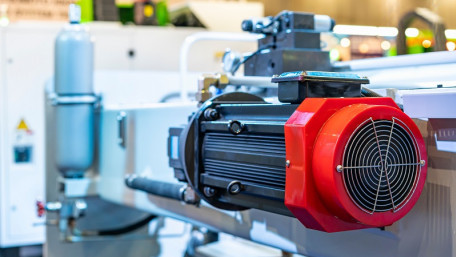
Many online sources explain how to reverse a 3-phase motor; this article will discuss the electrical principles that define why it works and how the phase…
Many online sources explain how to reverse a 3-phase motor; this article will discuss the electrical principles that define why it works and how the phase relationships determine the rotation direction.
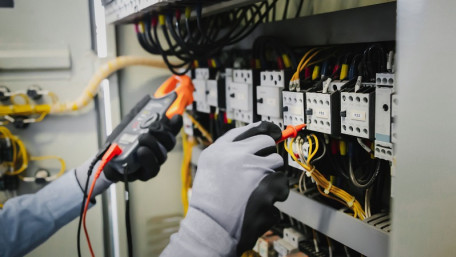
Do you know enough about electricity to poke around in a conversation, but not inside a breaker panel? Read on for an…
Do you know enough about electricity to poke around in a conversation, but not inside a breaker panel? Read on for an introduction to electricity in a way you’ve (probably) never heard it before!
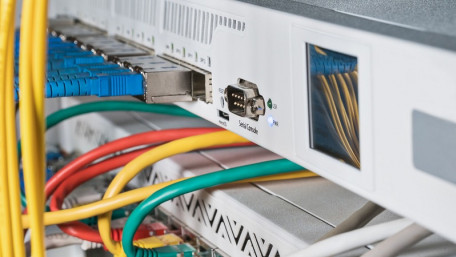
Learn about serial and parallel data communication modes, errors, and flow controls used in connecting legacy and even…
Learn about serial and parallel data communication modes, errors, and flow controls used in connecting legacy and even some modern point-to-point network devices.
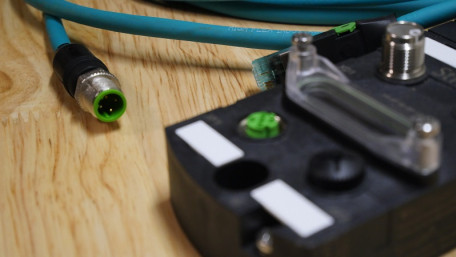
Ethernet switches can use four different types of connections: RJ45, fiber, M12, and SFP. Understanding the difference…
Ethernet switches can use four different types of connections: RJ45, fiber, M12, and SFP. Understanding the difference can help with network troubleshooting, design, or alteration.
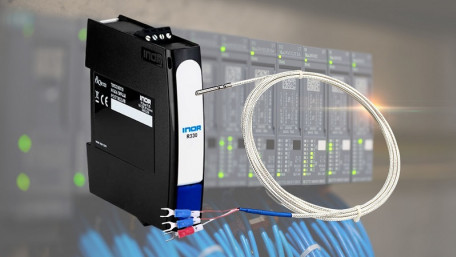
Learn how to measure temperature using an RTD and a temperature transmitter to convert resistance into common analog…
Learn how to measure temperature using an RTD and a temperature transmitter to convert resistance into common analog voltage or current values for process control.
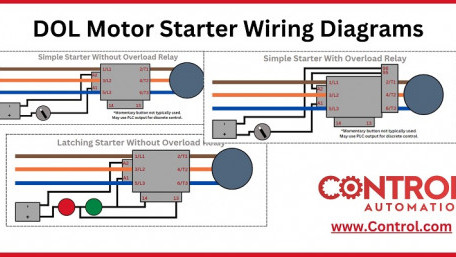
Complete wiring guide for 3-phase motor starters with and without overload (OL) relays.
Complete wiring guide for 3-phase motor starters with and without overload (OL) relays.
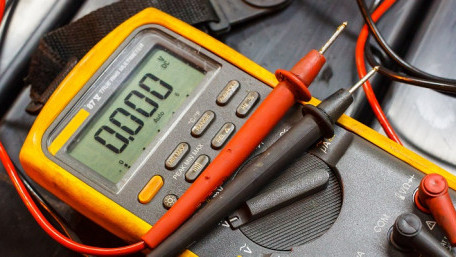
Electrical and mechanical measurements are often labeled with "RMS" and "True RMS." Aside from the simple math…
Electrical and mechanical measurements are often labeled with "RMS" and "True RMS." Aside from the simple math definitions we learned in electronics class, why is this distinction actually important?
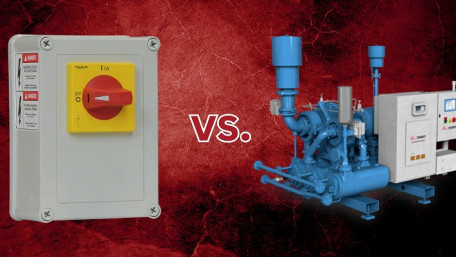
Knowing what kind of control system to use: that’s a question that must be answered before setting up the factory…
Knowing what kind of control system to use: that’s a question that must be answered before setting up the factory floor. Why would someone choose pneumatic over electrical controls?
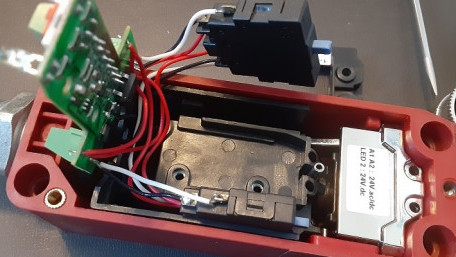
Safety devices have two main purposes, both of them meant for (you guessed it) safety. They protect both machine and…
Safety devices have two main purposes, both of them meant for (you guessed it) safety. They protect both machine and operator from harm. But what’s inside, and how do these switches work?
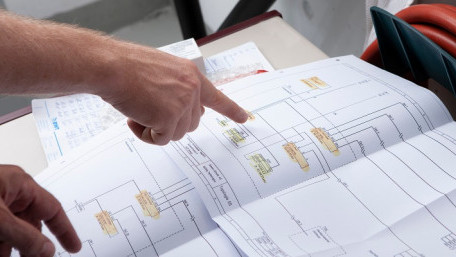
In order to trace control system problems to the core, the ability to read and interpret various resources, from…
In order to trace control system problems to the core, the ability to read and interpret various resources, from facility-level diagrams to machine-level wiring layouts, is critical.
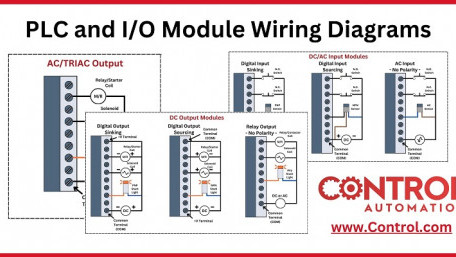
A complete diagram for wiring nearly any kind of discrete I/O module, including digital, AC, or relay, including both…
A complete diagram for wiring nearly any kind of discrete I/O module, including digital, AC, or relay, including both sourcing and sinking varieties.
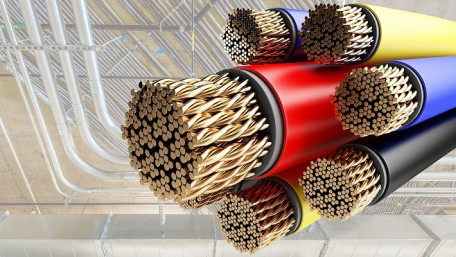
Current flow in wires is often modeled with a perfectly circular cross-section, with the size of the wire being…
Current flow in wires is often modeled with a perfectly circular cross-section, with the size of the wire being responsible for the maximum current. This is true, but there’s more to the story.
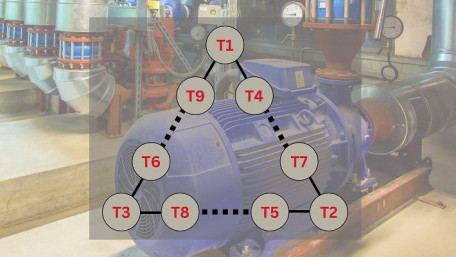
There are two types of winding designs inside three-phase industrial motors: Wye and Delta. Although the motors and…
There are two types of winding designs inside three-phase industrial motors: Wye and Delta. Although the motors and connections look similar on the outside, this article discusses the internal construction for Delta wound motors.
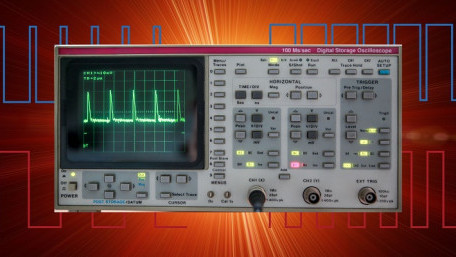
Every so often, a new data format comes along, and we first consider that it might simply be a mistake in typing. Pulse…
Every so often, a new data format comes along, and we first consider that it might simply be a mistake in typing. Pulse Frequency Modulation (PFM) is not brand new, but still unknown to many engineers.
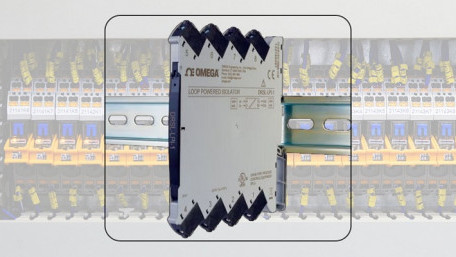
Many signal sources and process transmitters do not include isolation, which can cause problems when the instruments are…
Many signal sources and process transmitters do not include isolation, which can cause problems when the instruments are at different locations. A loop powered isolator is often the solution.
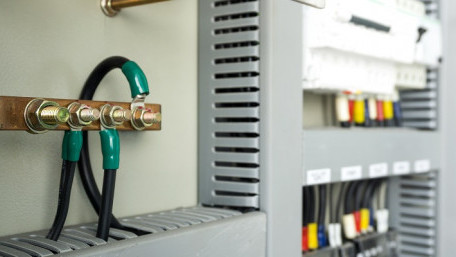
Additional rules for the grounding and bonding of industrial control panels include the sizing of ground conductors and…
Additional rules for the grounding and bonding of industrial control panels include the sizing of ground conductors and the conditions that dictate when power supplies and transformers must be grounded.
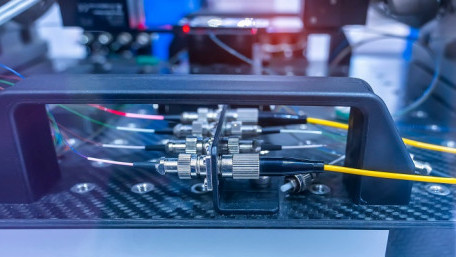
Photoelectric sensors and fiber optic sensors are very similar in a lot of ways, but which one is superior in function…
Photoelectric sensors and fiber optic sensors are very similar in a lot of ways, but which one is superior in function and durability, and under what conditions might one be preferred?
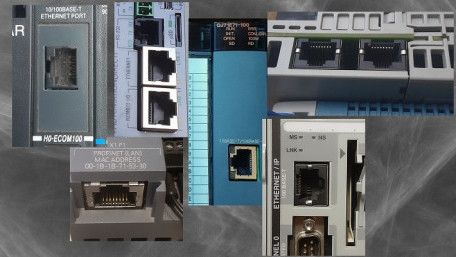
Some controllers and network devices have one port, while others have two. Why is there a difference, and what advantages…
Some controllers and network devices have one port, while others have two. Why is there a difference, and what advantages does having two network ports actually provide?
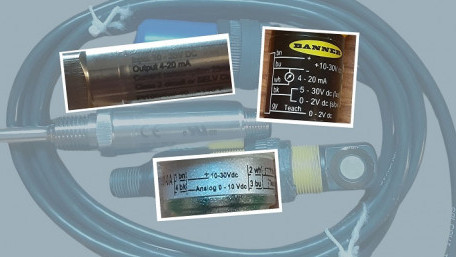
Analog voltage and current are the dominating standards for industrial technology. Is one format better than the other?…
Analog voltage and current are the dominating standards for industrial technology. Is one format better than the other? And if so, why do both signal types still exist in modern systems?
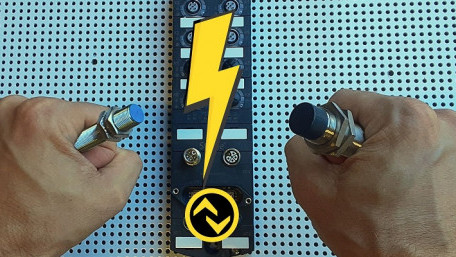
Control.com’s Director of Engineering got to explore IO-Link sensors and what he found might surprise you! Although…
Control.com’s Director of Engineering got to explore IO-Link sensors and what he found might surprise you! Although still considered an “emerging” technology, it’s clear IO-Link technology boasts several bonafide benefits over traditional sensors.
